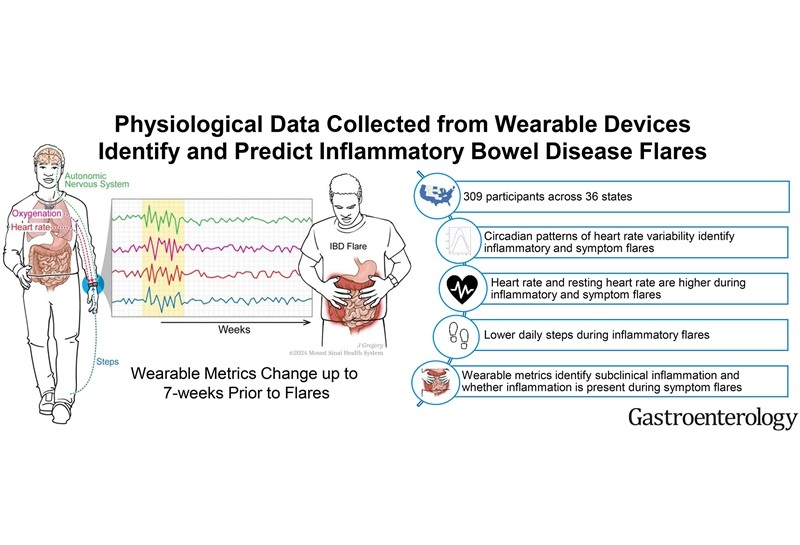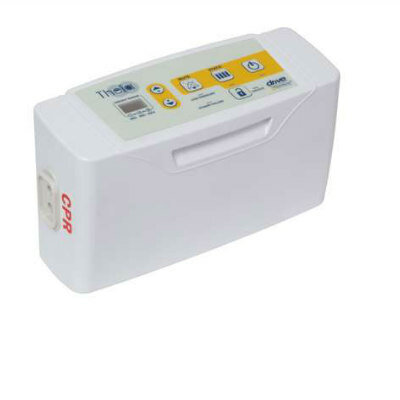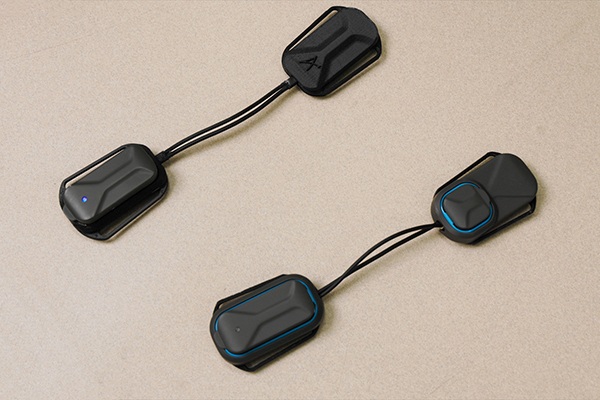Wearable Devices Detect and Predict Inflammatory Bowel Disease Flare-Ups
Posted on 17 Jan 2025
Inflammatory bowel disease (IBD) is a chronic condition that causes inflammation in the intestines and affects millions of people globally. Current methods for monitoring the disease require patients to directly engage with their healthcare providers, typically through office visits, blood or stool tests, or colonoscopies. These methods assess the disease at a single point in time and can often be invasive or inconvenient. A groundbreaking study has now shown that wearable devices can identify, differentiate, and predict flare-ups—when symptoms and inflammation worsen—in IBD. The study, published in the journal Gastroenterology, suggests that wearable technology can forecast flare-ups in IBD, enabling continuous disease monitoring through commercially available devices.
For the study, researchers at Mount Sinai (New York, NY, USA) enrolled over 300 participants with ulcerative colitis or Crohn’s disease, the two main types of IBD, from 36 states. Participants wore wearable devices, filled out daily symptom surveys, and provided blood and stool samples to assess inflammation. The researchers discovered that circadian patterns of heart rate variability (a marker of nervous system function), along with heart rate, oxygenation, and daily activity—measured by the wearable devices—were significantly altered when inflammation or symptoms were present.

Furthermore, these physiological markers were able to detect inflammation even when symptoms were not apparent and could distinguish whether the symptoms were caused by active intestinal inflammation. Notably, the researchers found that these wearable-measured metrics changed as much as seven weeks before flare-ups occurred. The researchers are now applying similar methods to other chronic inflammatory diseases, such as rheumatoid arthritis, and are using artificial intelligence to develop algorithms that leverage wearable device data to predict flare-ups on an individualized basis.
“Our study shows that commonly used wearable devices such as Apple Watches, Fitbits, and Oura Rings can be effective tools in monitoring chronic inflammatory diseases like IBD. This creates an opportunity to monitor the disease remotely outside the health care setting, in a continuous manner, and potentially in real time,” said first author Robert Hirten, MD. “These findings open the door to leveraging wearable technology for health monitoring and disease management in innovative ways we haven’t previously considered. Our hope is that, in the future, this approach will significantly enhance the quality of life of our patients.”














